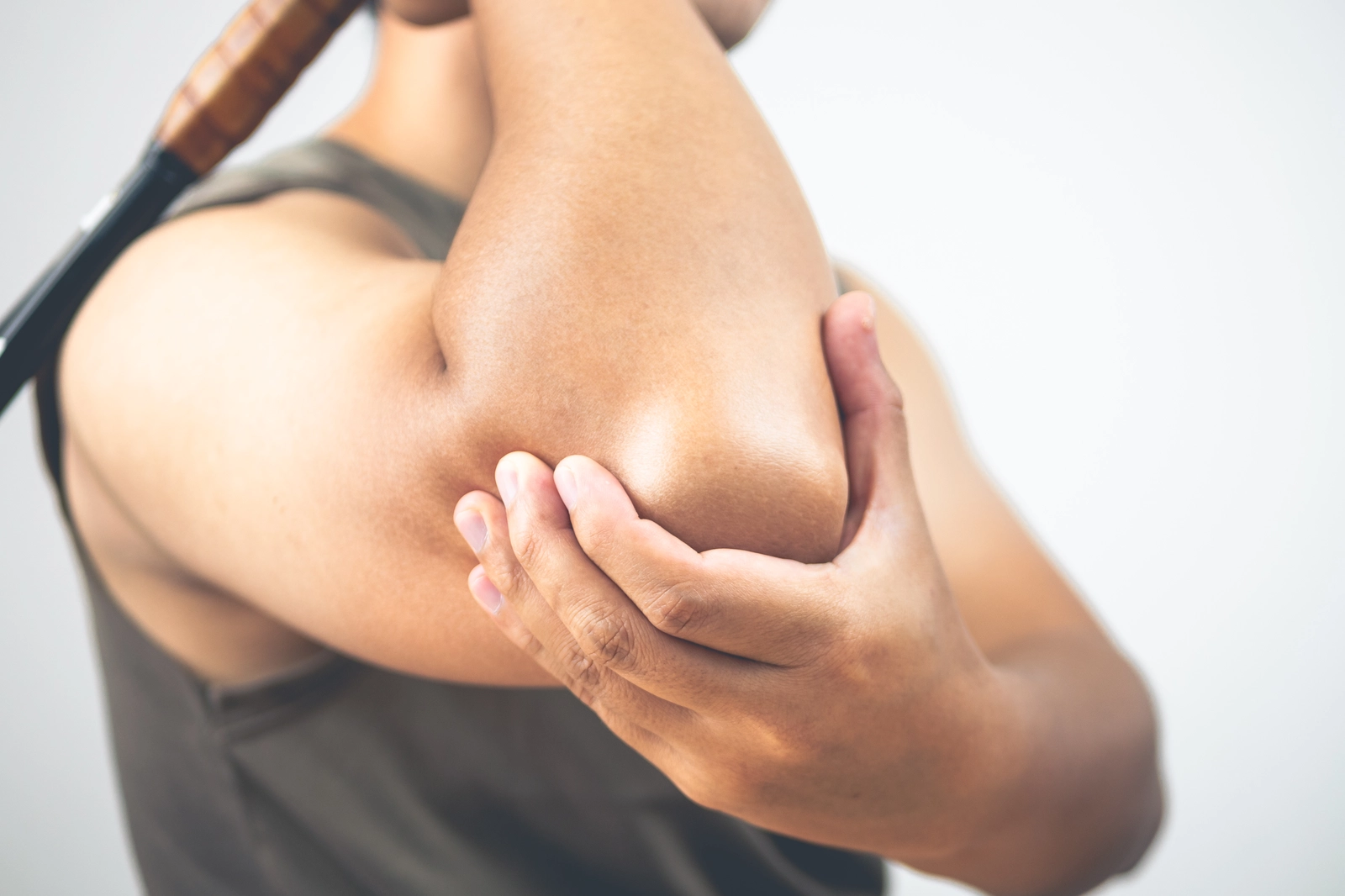
Do Muscle Relaxers Make You Sleepy?
Key Points
- Muscle relaxers commonly cause drowsiness by depressing the central nervous system, which can impair driving and daily activities.
- Medications like cyclobenzaprine can cause sleepiness in up to 40 percent of users, sometimes lasting into the next day.
- The duration and intensity of drowsiness varies based on the specific medication, dosage, individual metabolism, age, and other factors.
- While muscle relaxers provide effective short-term relief for muscle spasms when used properly, they require medical supervision due to their sedative effects and potential for misuse.
Muscle relaxers often cause drowsiness as a side effect. Many people who take these medications experience sleepiness within hours of their first dose. This drowsiness occurs because muscle relaxers typically depress the central nervous system, which controls muscle function and alertness. Understanding the effects of muscle relaxers is important, especially if you need to drive, work, or perform other activities requiring mental alertness.
What Are Muscle Relaxers?
Muscle relaxers are medications designed to reduce muscle tension and spasticity by blocking pain sensations between the nerves and the brain.[1] They’re primarily prescribed to relieve discomfort associated with acute muscle injuries, spasms, or other musculoskeletal conditions. These medications work through different mechanisms, some acting directly on skeletal muscles and others targeting the central nervous system to interrupt pain pathways.
Cyclobenzaprine (Flexeril), methocarbamol (Robaxin), carisoprodol (Soma), and baclofen are the most commonly prescribed muscle relaxers. Each medication has different properties, onset times, and durations of action.
Healthcare professionals typically prescribe muscle relaxers as a short-term treatment alongside other therapies like physical therapy, rest, and non-pharmacological interventions rather than as a long-term solution for chronic conditions.
Do Muscle Relaxers Cause Drowsiness?
Muscle relaxers commonly cause drowsiness as one of their primary side effects.[2] Most muscle relaxants work by depressing the central nervous system, reducing muscle tension, and affecting brain functions related to alertness and wakefulness. This sedative effect varies between different medications and individuals, with some people experiencing intense sleepiness while others may have milder responses.
The drowsiness from muscle relaxers can be significant enough to impair driving ability, concentration, and coordination. Medications like cyclobenzaprine (Flexeril) and carisoprodol (Soma) are particularly known for their sedating properties. For this reason, doctors often recommend taking these medications at bedtime and advise against operating machinery or driving while using them. Some muscle relaxers even have FDA warnings about their potential to cause drowsiness and impair daily functioning.
Does Cyclobenzaprine Specifically Make You Sleepy?
Cyclobenzaprine is particularly known for causing drowsiness, with studies showing that sleepiness affects a significant percentage of people taking this medication.[3] As a muscle relaxer chemically related to tricyclic antidepressants, it works by depressing central nervous system activity, which directly impacts alertness and energy levels. This sedative effect is so reliable that some doctors leverage it therapeutically, specifically prescribing cyclobenzaprine at night to help those with painful muscle conditions sleep better.
The drowsiness from cyclobenzaprine can be quite pronounced and may persist longer than other muscle relaxers, sometimes lasting into the following day, especially at higher doses or in older adults whose bodies eliminate the medication more slowly.
Do Muscle Relaxers Make You Tired the Next Day?
Muscle relaxers can indeed cause drowsiness that extends into the following day. This lingering tiredness, often called a “hangover effect,” occurs because many muscle relaxers have relatively long half-lives, meaning the medication remains active in your system for extended periods. Medications like cyclobenzaprine can cause drowsiness for up to 24 hours after taking a dose, particularly in older adults or those with certain metabolic conditions.[4]
The severity of next-day tiredness varies based on several factors, including dosage, individual metabolism, age, and whether the medication is taken with other substances. Higher doses typically produce more pronounced and longer-lasting drowsiness. Some people find that their bodies adjust to these medications over time, making drowsiness less problematic with continued use. Healthcare providers may recommend starting with lower doses at bedtime to minimize next-day fatigue while achieving muscle relaxation benefits.
How Long Can the Effects Last?
The duration of drowsiness from muscle relaxers can vary widely based on several factors:
- Type of medication: Different muscle relaxers have varying half-lives, which determine how long they remain active in your system. Cyclobenzaprine can cause drowsiness for up to 24 hours, while methocarbamol effects typically last 4 to 6 hours.
- Dosage: Higher doses generally produce more intense, longer-lasting drowsiness than lower doses.
- Individual metabolism: People metabolize medications at different rates based on genetics, liver function, and overall health.
- Age: Older adults typically process medications more slowly, potentially experiencing prolonged drowsiness compared to younger individuals.
- Medication interactions: Taking muscle relaxers with other sedating medications or alcohol can significantly extend and intensify drowsiness.
- Timing: Taking the medication before bed may help you sleep through the most intense drowsiness, but some next-day effects might still occur.
- Tolerance: Regular users may develop some tolerance to the sedating effects over time, though the muscle-relaxing properties typically remain effective.
Do People Abuse Muscle Relaxers?
Muscle relaxants can be misused due to their sedative effects on the central nervous system. Despite being prescription medications intended for short-term relief of muscle spasms and pain, some people seek these drugs for their drowsiness and relaxation effects. Carisoprodol is particularly concerning as a controlled substance with significant abuse potential when combined with other drugs like benzodiazepines or opioids.
People who misuse these prescription drugs may experience intensified side effects, including extreme drowsiness, dry mouth, low blood pressure, and impaired coordination that can make it dangerous to focus.[5] Prolonged misuse can lead to physical dependence and withdrawal symptoms when stopping, which can be particularly severe with medications like baclofen.
Healthcare providers must balance the therapeutic benefits of skeletal muscle relaxants against their potential for misuse, especially when treating those with chronic pain conditions that would traditionally call for physical therapy alongside medication. Medical advice strongly cautions against combining muscle relaxers with over-the-counter supplements, alcohol, or other CNS depressants, as this significantly increases the risk of serious side effects, including respiratory depression and serotonin syndrome.
Don’t Be Afraid to Ask For Help
Don’t hesitate to contact a healthcare provider with concerns about muscle relaxers and their effects. Your doctor can help determine if these medications are appropriate for your condition, suggest alternatives, or adjust dosages to minimize drowsiness while effectively treating your muscle spasms. Remember that muscle relaxers are typically recommended as part of a comprehensive treatment plan that may include physical therapy, lifestyle modifications, and other pain management strategies. If you’re experiencing troubling side effects or worry about dependency, speaking up sooner rather than later ensures you receive proper guidance and support.
Your well-being matters, and healthcare professionals are there to help you navigate treatment options safely and effectively.
Frequently Asked Questions About Muscle Relaxers Making You Tired
Why do muscle relaxers cause drowsiness?
Muscle relaxers typically cause drowsiness because they depress the central nervous system, which affects both muscle function and brain activity related to alertness. Most muscle relaxants bind to receptors in the brain that reduce nerve signals to muscles while simultaneously affecting neurochemicals involved in wakefulness. This dual action means that the same mechanism that helps relieve muscle spasms is also responsible for making you tired.
Can I drive or work while taking muscle relaxers?
Most healthcare providers recommend against driving, operating machinery, or performing tasks that require alertness while taking muscle relaxers due to their sedative effects. Your performance could still be compromised even if you don’t feel extremely drowsy. Many muscle relaxer medications come with explicit warnings against driving, and in some cases, operating a vehicle while under their influence could have legal implications. If you must work, discuss with your doctor about timing doses or potentially using a less sedating alternative.
How can I reduce the drowsiness from muscle relaxers?
Taking the medication at bedtime, starting with a lower dose, staying hydrated, and avoiding alcohol and other sedatives help minimize tiredness from muscle relaxers. Time-released formulations may provide more consistent relief with less peak drowsiness. Some people find that their bodies adjust to the medication after a few days of regular use, with drowsiness becoming less problematic over time.
Certain lifestyle factors, such as adequate sleep, good nutrition, and regular light exercise (as approved by your healthcare provider), may help your body better metabolize the medication and reduce fatigue. Never adjust your dosage without medical guidance, but communicate with your doctor if drowsiness significantly affects your quality of life.
Do all muscle relaxers cause the same level of drowsiness?
No, different muscle relaxers cause varying levels of drowsiness. For example, cyclobenzaprine (Flexeril) tends to be more sedating than methocarbamol (Robaxin). Carisoprodol (Soma) produces significant sedation, while baclofen may cause relatively less drowsiness in some individuals.
The sedative effects also depend on the dosage prescribed and individual factors such as age, weight, metabolism, and medication sensitivity. Some newer muscle relaxers or specific formulations may be designed to produce fewer CNS effects. Your healthcare provider can help select a medication that balances effective muscle relaxation with a side effect profile that works best for your situation and lifestyle needs.
How long will the drowsiness from muscle relaxers last?
The drowsiness can last anywhere from 4-24 hours, depending on the specific medication, dosage, metabolism, and other factors like age and medications you may be taking. Medications with longer half-lives, such as cyclobenzaprine, can cause drowsiness that persists into the next day, particularly in older adults or those with reduced kidney or liver function.
Sources
[1][2][5] Muscle Relaxers. (2023, February 7). Cleveland Clinic. https://my.clevelandclinic.org/health/treatments/24686-muscle-relaxers on March 14, 2025
[3] Effects of Bedtime Very Low Dose Cyclobenzaprine on Symptoms and Sleep Physiology in Patients with Fibromyalgia Syndrome: A Double-blind Randomized Placebo-controlled Study (2025). Jrheum.org. https://www.jrheum.org/content/38/12/2653 on March 14, 2025
[4] Cyclobenzaprine: Side Effects, dosage, uses, and more. (2018, April 12). Www.medicalnewstoday.com. https://www.medicalnewstoday.com/articles/cyclobenzaprine-oral-tablet on March 14, 2025


